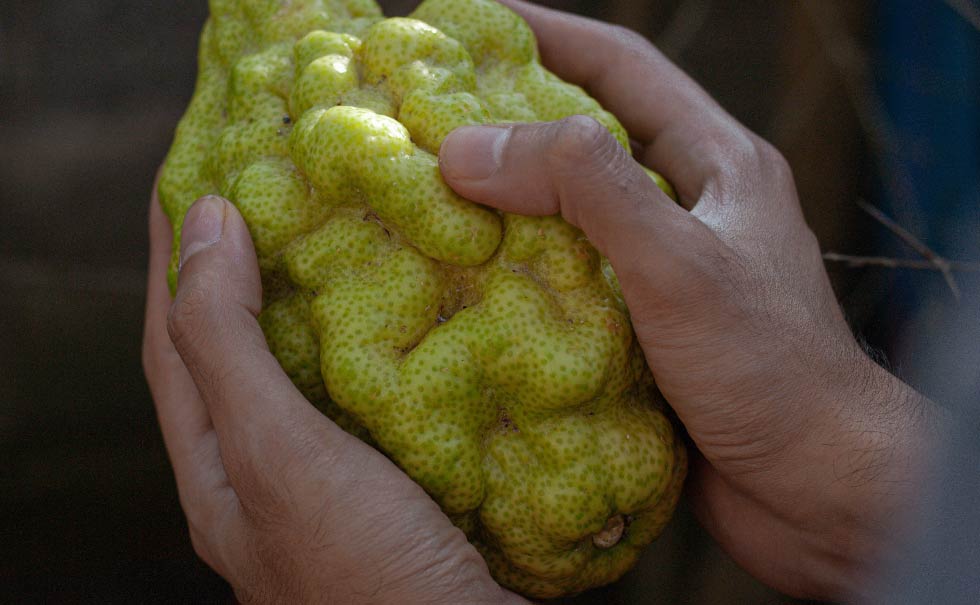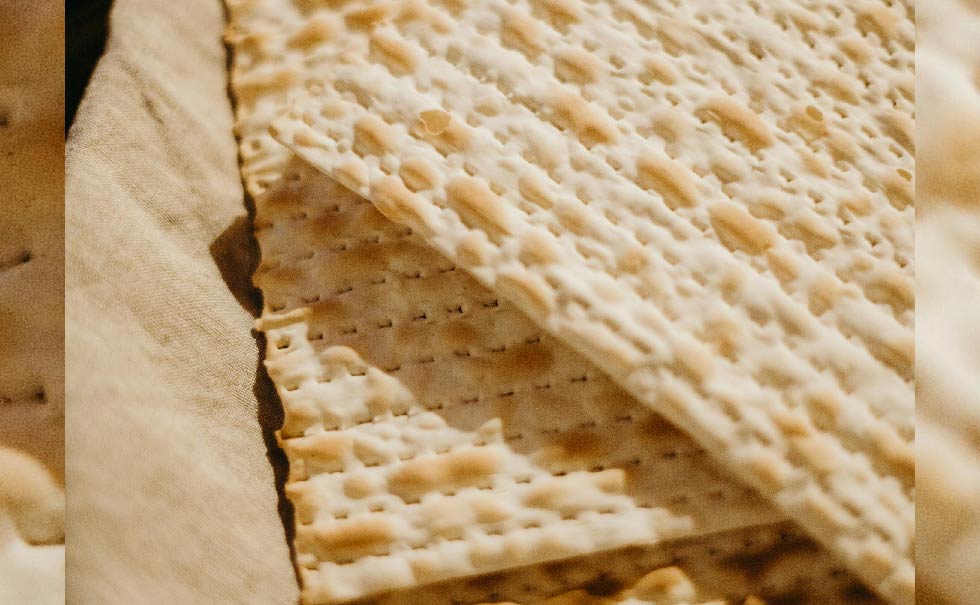Sukkot 5784
The Festival of Sukkot is unique, we call it[1] “the time of our rejoicing” in our prayers[2] – can the Torah mandate emotional states from individuals?
Aside from the Mitzvah[3] to Love[4] and Fear[5] Hashem – can we be instructed to be happy, sad, joyful, reflective and a whole host of other emotions?
Human beings are extremely complex creatures and easily influenced by our environment and the specific conditions we find ourselves within, in more recent times we have begun to study the inner workings of the human mind and specifically our response to stress. One feature of the discussion remains critical and is easily forgotten: No matter how deep the understanding of Psychology and the human consciousness develop we can never truly extrapolate from our own mind and experience to any other individual, this is a recurring and common issue in many arguments, especially between partners who attempt to second guess each other.
How can we be obligated to be happy on the festival and what practically does that entail?
The Shulchan Aurech[6] expresses the following:
“It is an obligation for a man to be happy and in good spirits on the holiday – him, his wife, his kids, and all who are with him. How should he make them happy? He should give the children nuts and the women new clothes and jewelry according to his finances. One is obligated to feed the stranger, the orphan, and the widow, along with other poor people…”
The Rambam further explains this final point that our festivities are not merely about food, wine, and self-gratification[7]:
“When one eats and drinks, one must feed the stranger, the orphan, and the widow, along with the rest of the poor who are in need. But one who locks the gate of their courtyard and eats and drinks with their family and doesn’t provide food and drinks for the poor and for those who are despondent, this is not the joy of a mitzvah, but rather just the joy of a full belly…”
The Shulchan Aurech[8] continues:
“One should eat, drink, and be happy on the holiday. One should not overindulge in meat, wine, laughter, or frivolity, because laughter and frivolity are not happiness but debauchery and foolishness. We were not commanded to engage in debauchery and frivolity but only happiness that involves worshipping the Creator.”
The key here is that the celebration is focused on our relationship with Hashem, both on a national and personal level and not the physical enjoyment of the festival, our question however still remains – how can our emotional state be required specifically to be happy on the festival?
A popular idea in our times is that we can essentially choose (to a certain extent) to rule over our emotional situation, in psychology this is termed “emotional intelligence”[9] is most often defined[10] as “the ability to perceive, use, understand, manage, and handle emotions. People with high emotional intelligence can recognize their own emotions and those of others, use emotional information to guide thinking and behavior, discern between different feelings and label them appropriately, and adjust emotions to adapt to environments.”
This idea, whilst new to popular paradigm is expressed in various works within Torah literature and perhaps most especially in Mussar and Chassidic[11] thought where the idea is expressed that our emotional qualities, including anger, jealousy, and physical desires etc, are not necessarily intrinsically “positive” or “negative” in of themselves. It is rather when we have too much or too little of a trait that our spiritual problems arise, the quest instead being for the correct balance. Yet another similarity between these schools of thought is the idea that only teaching ethical behavior or repeating mandated moralistic laws is not enough to produce a whole person; it is the character of mankind that must be developed and refined, this is achieved with the ability for us to perceive our individual selves in the light of a spiritual perspective that assumes infinite worth and underpins that the Human being is required to use his intellect and emotional faculties to achieve connection with his Creator.
The Sukkah itself is often a small hut at the bottom of the garden, but through our deep emotional connection to its profound message of dependency on Hashem and the fleeting, exposed and vulnerable nature of life we build a sacred space where we can dwell physically with the Shechinah.
The 4 species are types of symbolic agricultural specimens that we wave in what appears to be a harvest ritual, when we delve deeper and understand that it represents personality traits within our people forming unity, the Midrash[12] comments:
“The fruit of a beautiful tree” – these are [referring to] Israel. Just like this Etrog, which has taste and has smell, so too Israel has among them people that have Torah and have good deeds. “The branches of a date palm” – these are [referring to] Israel. Just like this date, which has taste and has no smell, so too Israel has among them those that have Torah but do not have good deeds. “And a branch of a braided tree (the myrtle)” – these are referring to Israel. Just like this myrtle, which has smell and has no taste, so too Israel has among them those that have good deeds but do not have Torah. “And brook willows” – these are [referring to] Israel. Just like this willow, which has no smell and has no taste, so too Israel has among them people that have no Torah and have no good deeds. And what does the Holy One, blessed be He, do to them? To destroy them is impossible, but rather the Holy One, blessed be He, said “bind them all together [into] one grouping and these will atone for those…”
The joy of the festivals is perhaps now best understood as our ability to perceive the opportunity for unity and peace both within our people and our own emotional faculties – we reveal that we are but mortal, that we depend on a higher power, we take elements of a disjointed world and bind them together into a weave of beauty, as the tractate Ethics of the Fathers so succinctly puts[13]:
Who is rich? One who is happy with his lot. As is stated[14]: “If you eat of toil of your hands, fortunate are you, and good is to you”; “fortunate are you” in this world, “and good is to you” in the World to Come.
Having been through the experience of Rosh Hashanah where we rededicated ourselves to the idea that Hashem, our God is our true king and that our lives are in his hands and the process of purifying ourselves from the mistakes, sins and poor intentions that we have allowed our reality to come, having reset our entire value system to focus now on what is truly meaningful to us and to what we wish to accomplish with our lives and the need for a spiritual perspective we can now find[15]:
“It is a tree of life to those who grasp her, and whoever holds on to her is happy.” – the reason for our happiness is not only the spirit of the festival, but the internal knowledge that the people going into it are now profoundly changed and set on a compass heading to a year of becoming better people who are more connected with their God and with their people, the ultimate result of which is that our choices and decisions can actually bring us to a true state of happiness.
Chag Somayach!
Rabbi Jonathan Goldschmidt 2023 ©
www.rabbigoldschmidt.com
________________________________________
[1] Leviticus 23:39-43, Deuteronomy 16:13-15, Nehemiah 8:13-18
[2] Mishnah Torah, Order of Prayer: 3:6
[3] Ibid: Yesodei HaTorah: 2:1 & Sefer Ha-Mitzvot: 3-4
[4] Devarim 6:5
[5] Ibid 6:13
[6] Shulchan Aurech, Orach Chaim: 529:2
[7] Mishnah Torah, Rest on a Holiday 6:18
[8] Shulchan Aurech, Orach Chaim: 529:3
[9] Although the term first appeared in 1964 (“The communication of emotional meaning” by Joel R. Davitz, with Michael Beldoch), it gained popularity in the 1995 bestselling book Emotional Intelligence by science journalist Daniel Goleman.
[10] Colman A (2008). A Dictionary of Psychology (3 ed.). Oxford University Press.
[11] See “Chassidus as an Eclectic Psychological Approach” By Shraga Crombi,
[12] Midrash, Vayikra Rabbah: 30:12
[13] Pirkei Avot/Ethics of the Fathers 4:1
[14] Tehillim/Psalms 128:2
[15] Mishlei/Proverbs: 3:18




